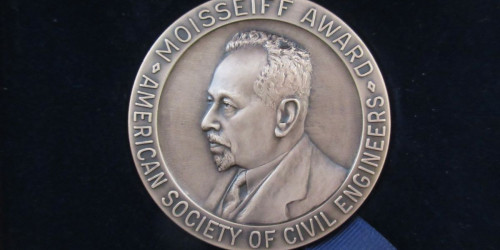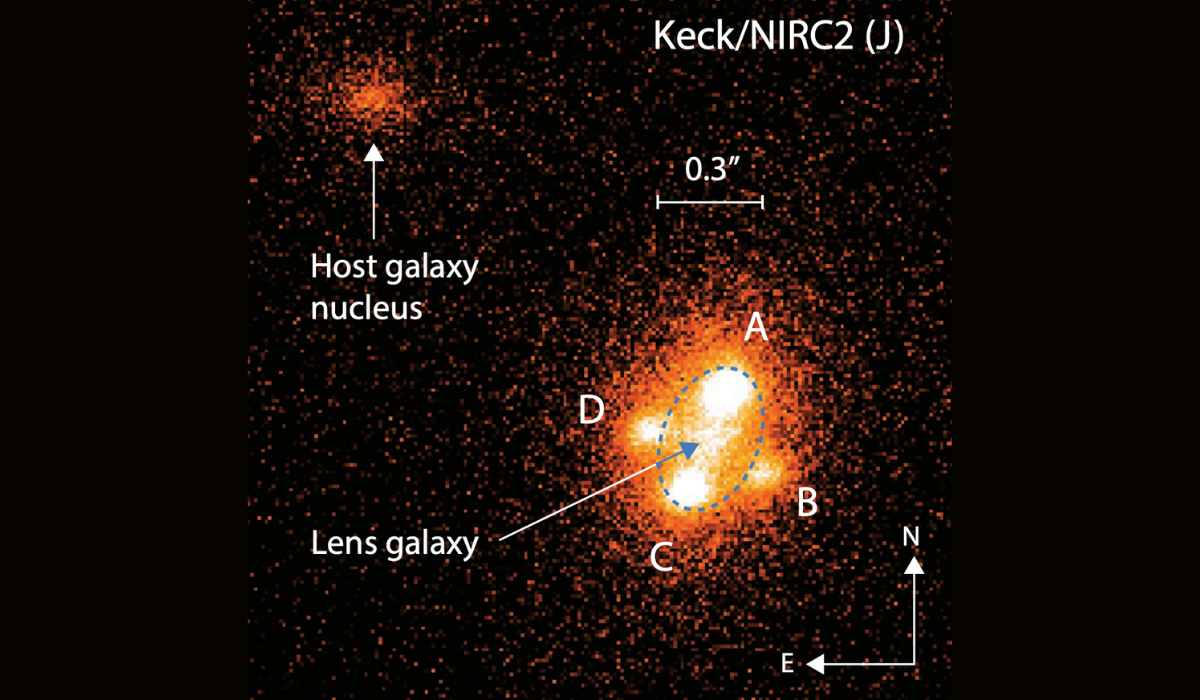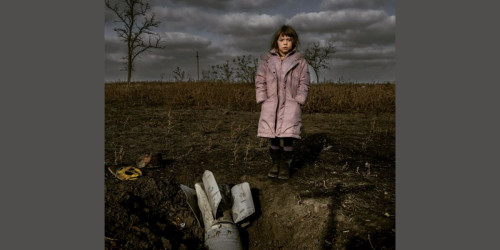
Lucy Cavendish College Fellow receives prestigious ASCE Moisseiff Award
Dr Jurgen Becque won the prize for providing accurate solutions to a century-unresolved set of equations.
A fantastic achievement for Dr Suhail Dhawan, whose research focuses on supernovae to understand how fast the universe is expanding.
Titled First look at high redshift Type Ia supernova cores: Nebular observations of lensed SN Zwicky, Dr Dhawan’s programme aims to study the inner core of a Type Ia supernova, with a lookback time of 4 billion years, to understand its progenitor from the presence of forbidden lines of iron-group elements in its spectrum, a year after explosion.
The JWST, NASA's next flagship infrared observatory, developed in partnership with ESA and CSA, successfully launched on December 25, 2021. After deploying in space and alignment and calibration of the mirrors and instruments, JWST began science operations in July 2022.
Accessible to the worldwide scientific community, JWST offers scientists the opportunity to observe galaxy evolution, the formation of stars and planets, exoplanetary systems, and our own solar system, in ways never before possible.
Suhail comments, “This proposal will allow us a window into some of the brightest explosions in the universe. The supernovae, called Type Ia, have very similar brightnesses and are used to unravel mysteries of the universe like what is dark energy? How fast is the universe expanding? The observations will tell us about the central engine of this explosion - at a time when the universe was 4 billion years younger - helping us understand their physical origin. This is possible because the supernova we will observe is magnified by a galaxy in the foreground.”

Having a programme approved for observing with the JWST is no easy feat. This space telescope is probably the most sought-after facility today, yet researchers at the Kavli Institute of Cosmology and Institute of Astronomy were extraordinarily successful, with seven approved proposals (as PI or Co-PI), a testament to the vision, capabilities and dedication of our staff and students. Altogether, these programmes total over 320 hours of JWST time, spanning from studies of relatively near exoplanets to the first generation of stars in the primordial Universe.

Dr Jurgen Becque won the prize for providing accurate solutions to a century-unresolved set of equations.

Dr Deborah Talmi and colleagues’ research aims to reconcile an important theoretical gap in advancing the understanding of PTSD.